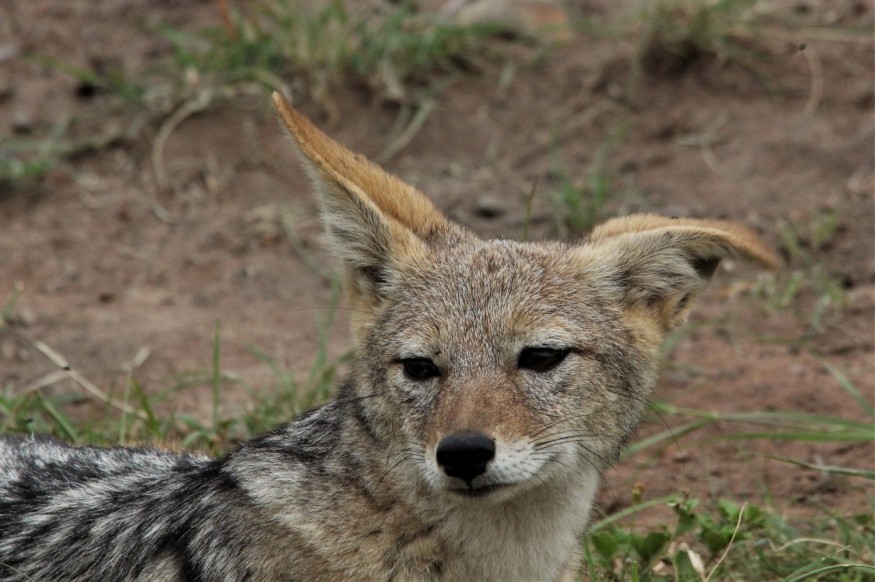
Israel is under full lockdown for the second time in a week, barring Israelis from leaving their neighborhood starting Tuesday to Thursday, and making life difficult not only for humans but also to jackals in Tel Aviv, according to AP.
According to Zvi Galin, director of the city's veterinary department. "The animals arrive just before nightfall. While they may look like they're having fun, lying in the grass and chasing after one another, says they are desperately looking for food."
With humans temporarily out of the picture, the more than 100 jackals living in Hayarkon Park are free to come out into the open. Other animals in Israel, like wild boars and wild mountain goats, are in the streets looking for food.
Don't feed wild animals
One evening, people left plates of dog food for the jackals. Soon after, the animals fought one another for the food. Galin said people should not feed the jackals, or else they will become aggressive if they aren't fed.
Galin added, "people have to understand that they are going to stay with us." With the total lockdown lifting soon, this can pose problems for people and animals.
Read now: Desperate Rats in the US Resort to Cannibalism, Infanticide and Wars to Survive Coronavirus Lockdown
The Wildlife Land Trust says, "feeding wild animals, whether on purpose or not, does more harm than good. Hand-fed wild animals lose their fear of humans." Human food is not nutritious enough for animals and may even cause serious health problems. If feeding cannot be avoided, use a feeder.
Feeding wild animals will make them dependent on people. This can be a safety risk in residential and recreational areas for both parties. They can suddenly turn aggressive if they feel threatened or don't get what they want.
Wild animals may also get hit by moving vehicles and cause damage to private property. They may even have diseases, which can spread quickly to pets, then jump to humans.
Coronavirus lockdown detrimental to animals
Rhinos may be poached more because there won't be security guards to protect them from poachers. According to the Wired, "facing massive unemployment, people in the tourism industry may themselves turn to poaching to feed their families."
Seabirds nesting on the ground are now more vulnerable to rats deprived of food. The eggs in their nest are the next best thing because most places are on lockdown, limiting food.
Without volunteers, the California Academy of Sciences in Northern California cannot monitor the number of deceased marine mammals, such as whales and seals. Viruses are free to transfer from one animal to another because no one will report it.
Jack Dumbacher, the curator of ornithology and mammalogy at the academy, said it's also hard to do forest work. "This is a really critical year because we've had three years of pre-fire data. And now is when we need to get out there to see how animals are responding to the fire. But now the team is trapped at home," he said. Only time will tell if their population increases or not.












